16 Historical Predictions That Sounded Crazy But Actually Came True
From the 1660s: One day humans would transplant organs from one body to another.

From 1783: The U.S. population will reach 300 million by 1983.

By analyzing population growth in Europe, Ezra Stiles, then president of Yale University, predicted in 1783 that America's population would reach 300 million in 200 years. Almost 200 years later to the day, U.S. population hit 300 million.
Source: David Thomson
From 1840: Alexis de Tocqueville predicted the Cold War.

"There are now two great nations in the world which, starting from different points, seem to be advancing toward the same goal: the Russians and the Anglo-Americans .... Their point of departure is different and their paths diverse; nevertheless, each seems called by some secret desire of Providence one day to hold in its hands the destinies of half the world," wrote Alexis de Tocqueville in "Democracy in America" in 1840.
In layman's terms, the two biggest societies thirsted for power and would eventually battle to obtain it. And that fight would affect everyone.
From 1863: When only 60 elements were known, a Russian chemist designed a periodic table that predicted the weights and properties of the missing 40+ perfectly.
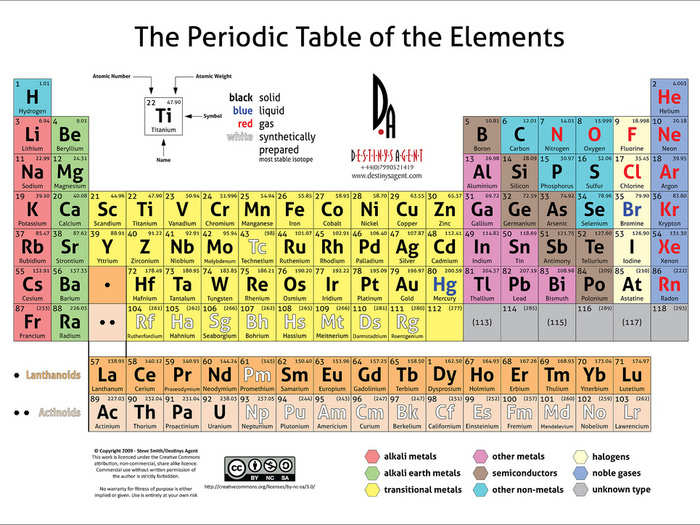
Dmitri Mendeleev, a Russian chemist from the late nineteenth century, predicted the modern-day periodic table nearly perfectly. When he began his research in 1863, scientists only knew about 60 or so elements. We've since discovered more than 40 more.
By organizing elements' atomic weight and various properties, Mendeleev started to see patterns. He noted the gaps in the table and predicted elements that would likely fill them.
For example, Mendeleev foresaw the addition of germanium, which wasn't discovered until 1986. He even named the compound "ekasilicon."
From 1865: Jules Verne predicted the Apollo moon landing.
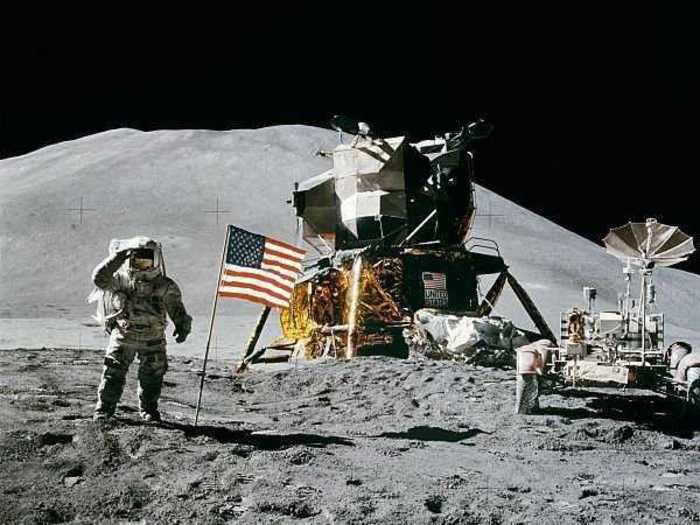
In 1865, more than 100 years before Apollo 11, Jules Verne wrote about humankind's first trip to the moon in a short story titled, "From the Earth to the Moon."
He even knew the rocket would launch from Florida, the name of the ship, the correct number of astronauts aboard, and the feeling of weightlessness they would experience. In 1865, Verne had absolutely no way of knowing there isn't gravity in space.
Source: Tech News Daily
From 1898: A short story predicted the sinking of the Titanic.
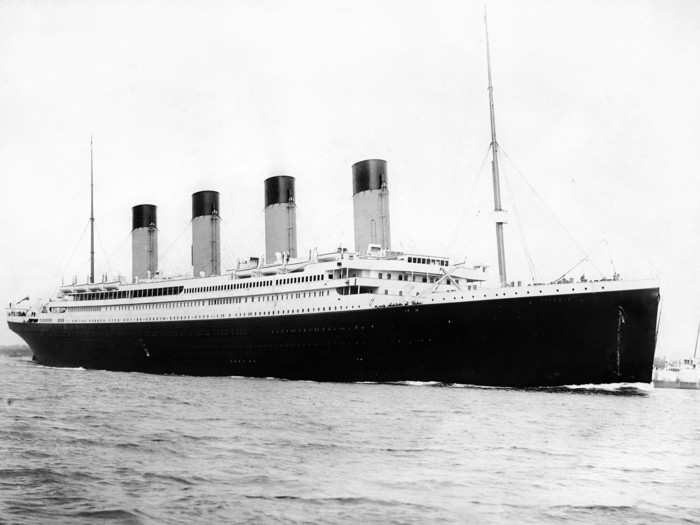
In 1898, a prolific short story writer named Morgan Robertson wrote a novella called "Futility, Or The Wreck of the Titan." The book detailed how the largest ship ever made crashed into an iceberg and sank. Sound familiar?
The RMS Titanic sank under those exact circumstances 14 years later.
Source: Mandatory.com
From 1909: Nikola Tesla predicted personal wireless devices.
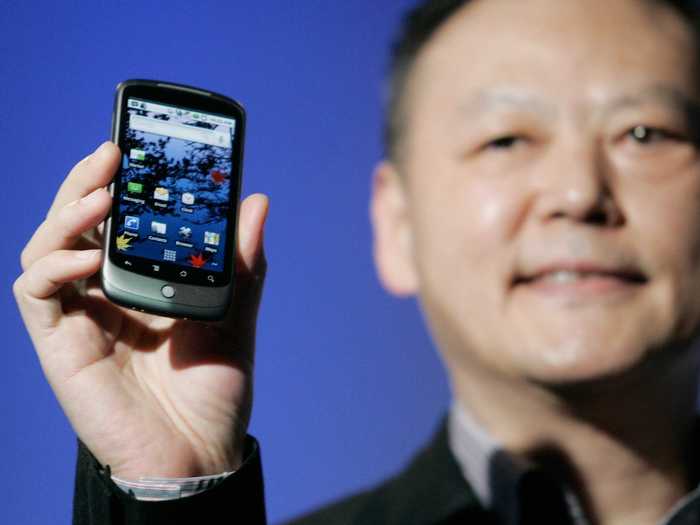
"It will soon be possible to transmit wireless messages all over the world so simply that any individual can own and operate his own apparatus," Nikola Tesla told The New York Times in 1909.
Nailed it.
Source: New York Times via Popular Mechanics
From 1914: H.G. Wells predicted the atomic bomb.

H.G. Wells' 1914 novel "The World Set Free" described a city-destroying "atomic bomb." Although Wells didn't know if or how nuclear detonation could really happen — the Manhattan Project which designed the atomic bomb didn't begin until 1942 — he understood a bit about radioactive elements.
Regardless, Wells knew that if humans figured out how to blow up these compounds simultaneously, the result would be really bad news.
Source: Cracked
From 1987: Roger Ebert predicted video-on-demand services Netflix and Hulu.
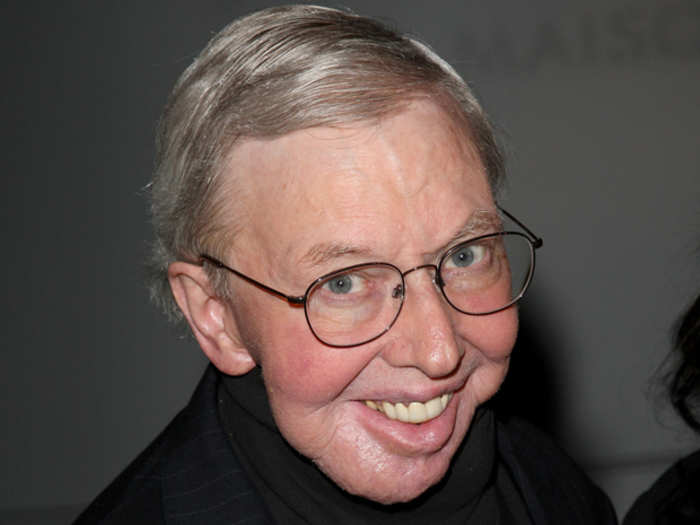
"We will have high-definition, wide-screen television sets and a push-button dialing system to order the movie you want at the time you want it," Roger Ebert said in 1987 during an interview with Omni Magazine.
Hello, Netflix.
Source: Listverse
From 1988: Isaac Asimov predicted we would use the Internet to learn.
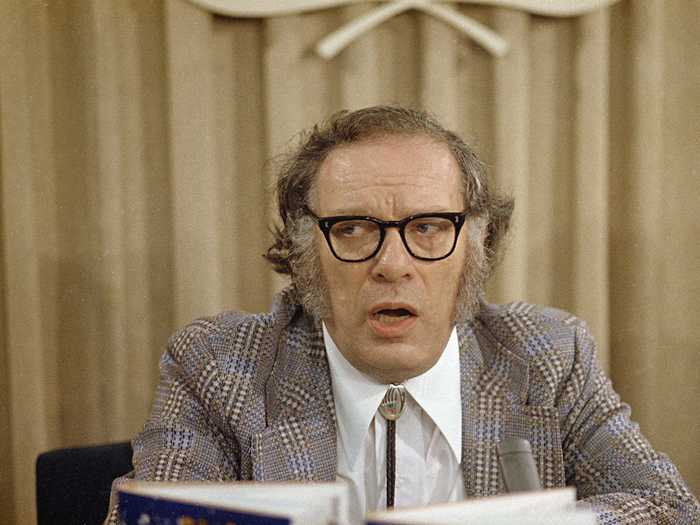
During an interview with Bill Moyers in 1988, science fiction author Isaac Asimov basically predicted the Internet — but more specifically, how students would benefit from universal access to information.
Asimov said that through computers, we'd have access to "connected libraries," which would act as a "teacher in the form of access to the gathered knowledge of the human species."
Inherently critical of the education system, he dreamed up online learning as a solution.
"Nowadays, what people call learning is forced on you. Everyone is forced to learn the same thing on the same day at the same speed in class. And everyone is different. For some it goes too fast, for some too slow, for some in the wrong direction," he said.
Source: Maria Maceiras
From 1993: An AT&T ad campaign predicted tablets that look just like today's.
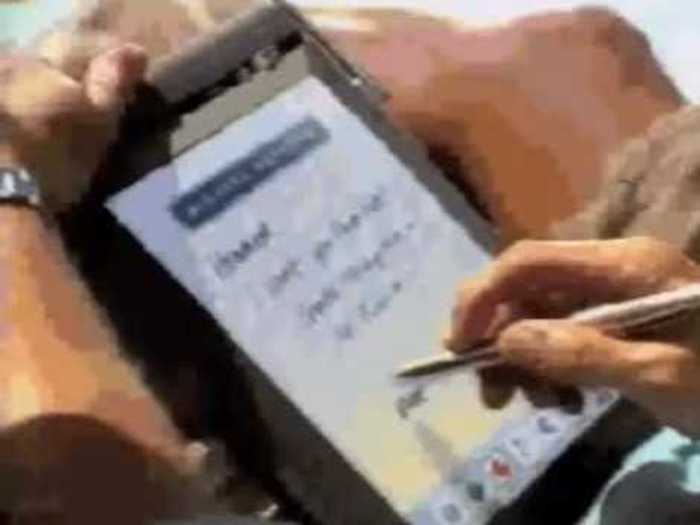
In 1993, AT&T launched their imaginative "You Will" campaign. In dozens of television commercials, the company asked viewers "have you ever" and then named some crazy feat of technology that couldn't be accomplished at the time — like sending a fax from the beach.
This image from their campaign looks exactly like the tablets we have now, 20 years later.
Source: Thomas Goodwin
FROM 1997: Chris Rock predicted O.J. Simpson's "If I Did It" murder plan.
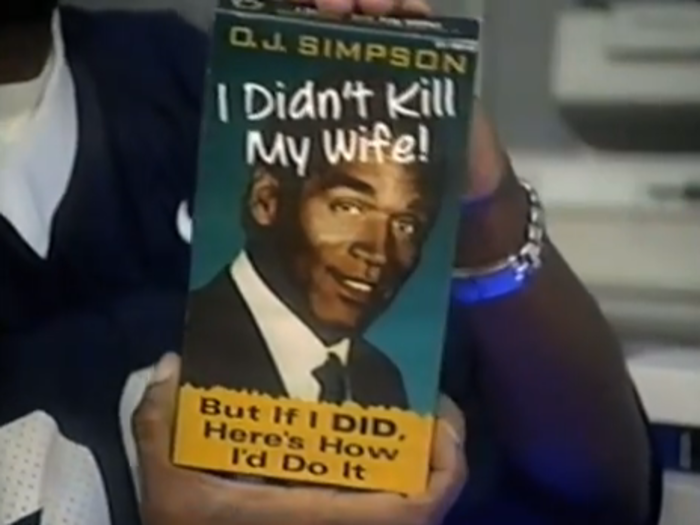
On Chris Rock's 1997 series on HBO, he produced a skit reminiscing about various celebrities who had dropped by the studio to promote their products.
He joked that O.J. Simpson came by to talk about his new video, "I Didn't Kill My Wife! But If I DID, Here's How I'd Do It." O.J. Simpson published his hypothetical plan for murder in November 2006.
Source: Cracked, which admits that Simpson could have actually seen the skit and then named his book.
From 2006: Scrubs predicts that Bin Laden is hiding in Pakistan.
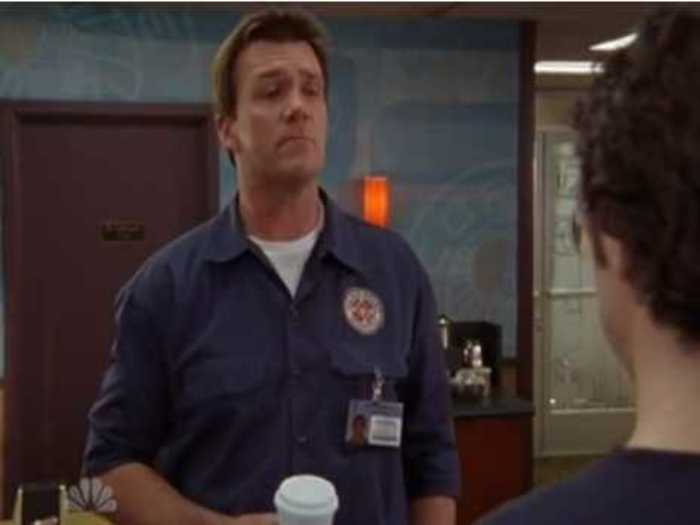
In a 2006 episode of the hilarious TV series Scrubs, the janitor makes an eerie comment to J.D.
"In my opinion, we should be looking for Bin Laden in Pakistan," he said.
U.S. soldiers did indeed find the terrorist hiding in a well-guarded house in Pakistan.
Source: YouTube
From 2006: The President of Euro Pacific Capital predicted the housing market crash.

Peter Schiff, president of Euro Pacific Capital, predicted the financial crisis in 2008 on numerous prime-time news shows.
"The basic problem with the U.S. economy is that we have too much consumption and borrowing and not enough production and savings. And what's going to happen is the American consumer is basically going to stop consuming," he told Kudlow & Company in 2005.
This was at the same time that others, including economist for President Regan, Art Laffer, completely denied looming economic troubles. On the show, he said, "The American economy has never been in better shape" and even called monetary policy "spectacular."
Source: YouTube
From 2013: An Italian dreamed Pope Benedict's resignation and replacement by Pope Francis.

On Feb. 11, 2013, an Italian tweeted that her boyfriend told her about a dream he had where Pope Benedict resigned and a man named Fransisco replaced him.
Seventeen days later, Pope Benedict announced his retirement, and we all know what happened next.
Mi novio anoche se despertó a las 4am diciendo q habia soñado con un nuevo papa llamado "Francisco I" y hoy benedicto renuncia. ?? @ardecabo
— Yolanda De Mena (@YolandaDeMena) February 11, 2013
Translation: "My boyfriend woke up last night at 4 a.m. saying he had dreamed of a new pope called 'Francis I' and that today Benedict will resign."
Even more shocking, a 39-year-old lawyer, Christopher Connors, launched PopeFrancis.com in 2010. He has never told the media what pushed him to create the site.
Source: Pratricio Bosio & Sameer Dhingra
Bonus from 2010: Humans aren't the only animals predicting the future. A psychic cephalopod predicts Germany's 2010 World Cup matches.
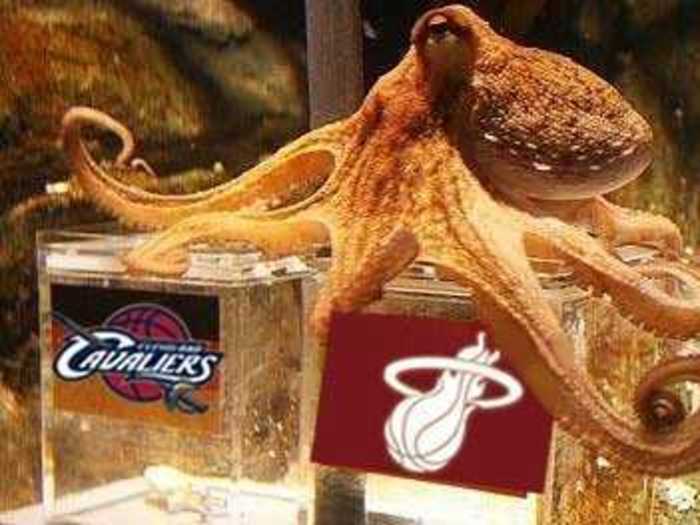
A psychic cephalopod named Paul correctly predicted the outcomes of all six of Germany's 2010 World Cup matches.
Paul the Octopus chose by putting his food into glass cases with the team's logos that had been lowered into his tank. And he didn't confine his omnipotence to just soccer. He started weighing in on football and basketball games too, before his death in October 2010.
Source: CNN
Popular Right Now
Popular Keywords
Advertisement
